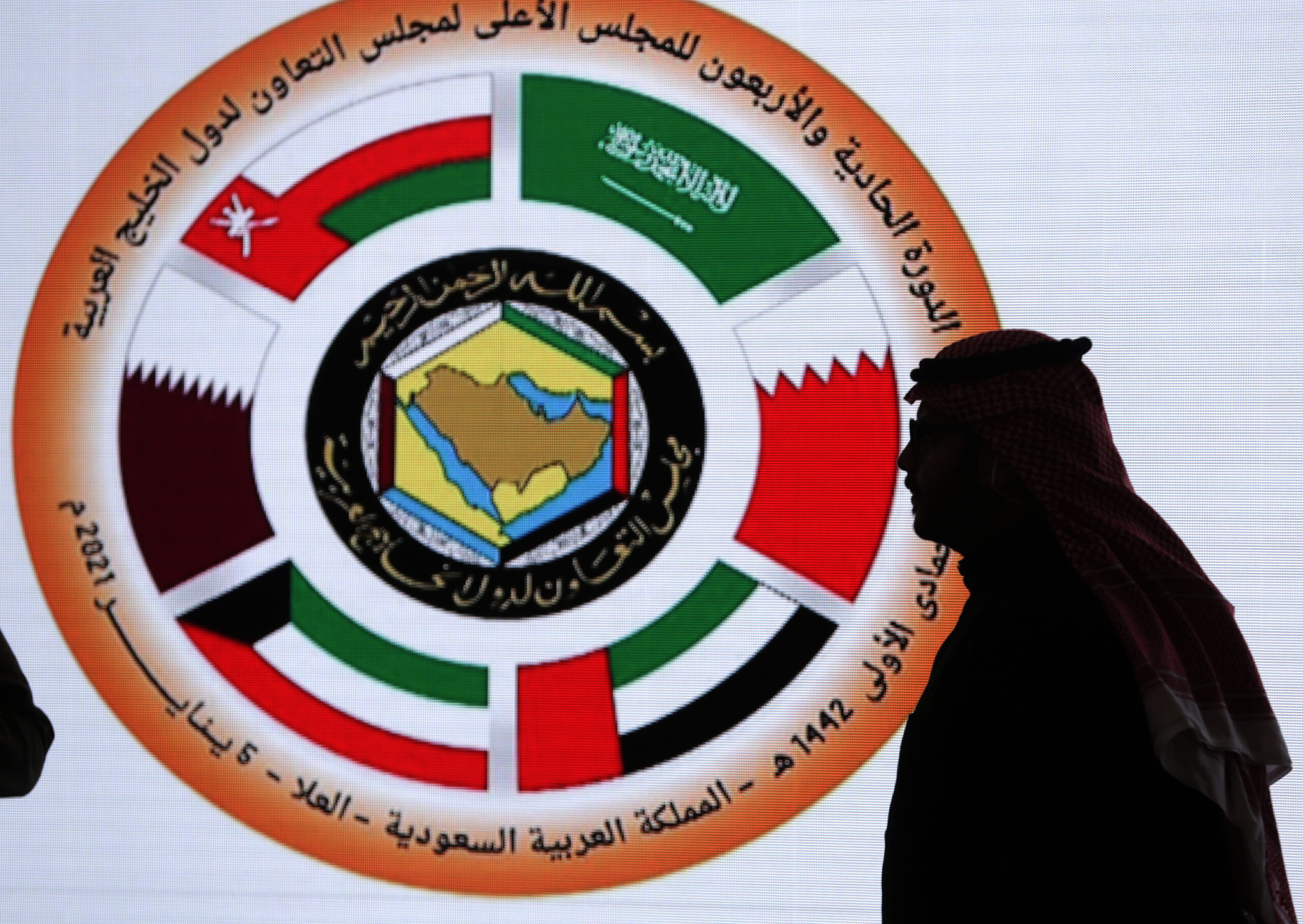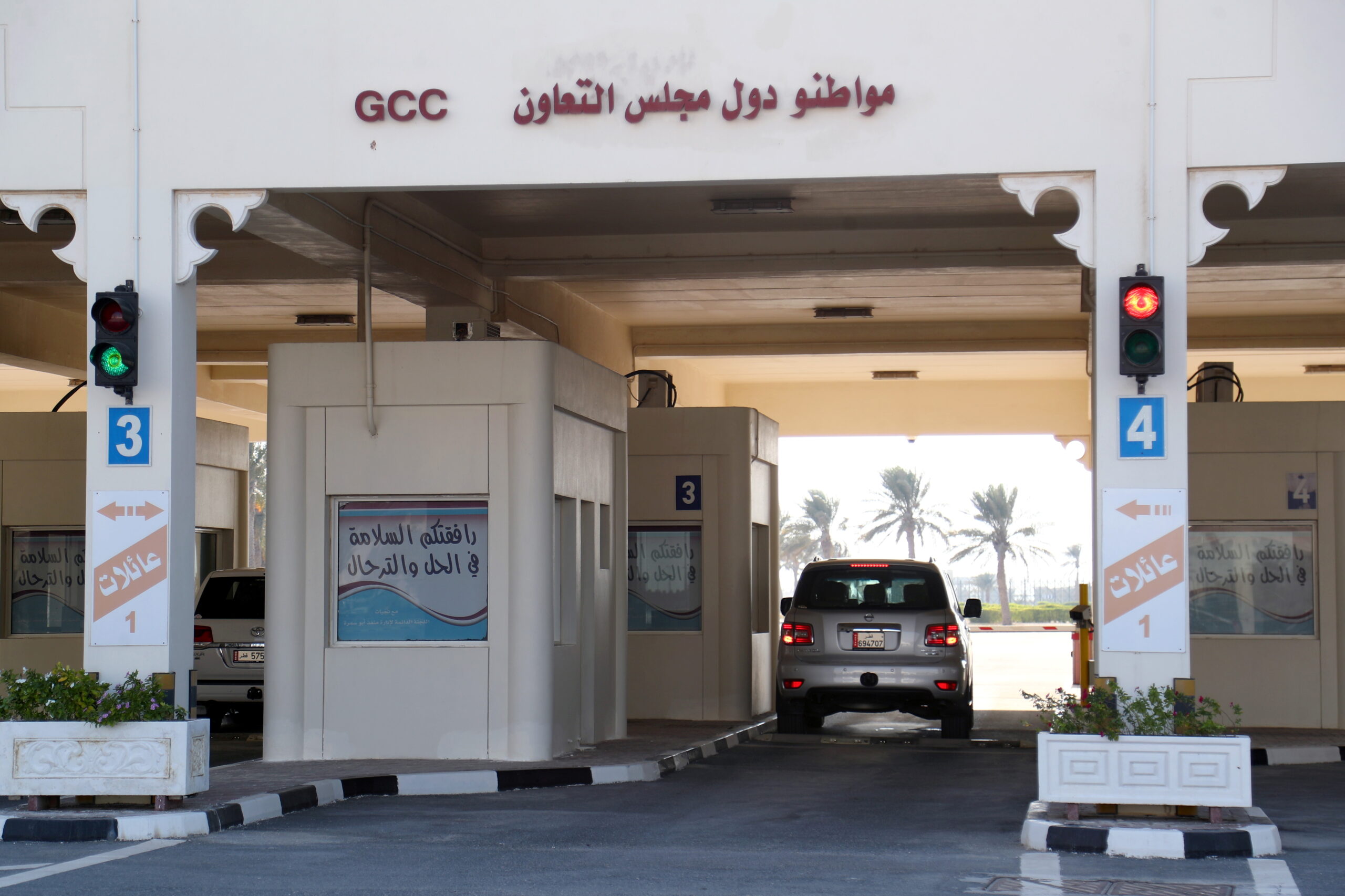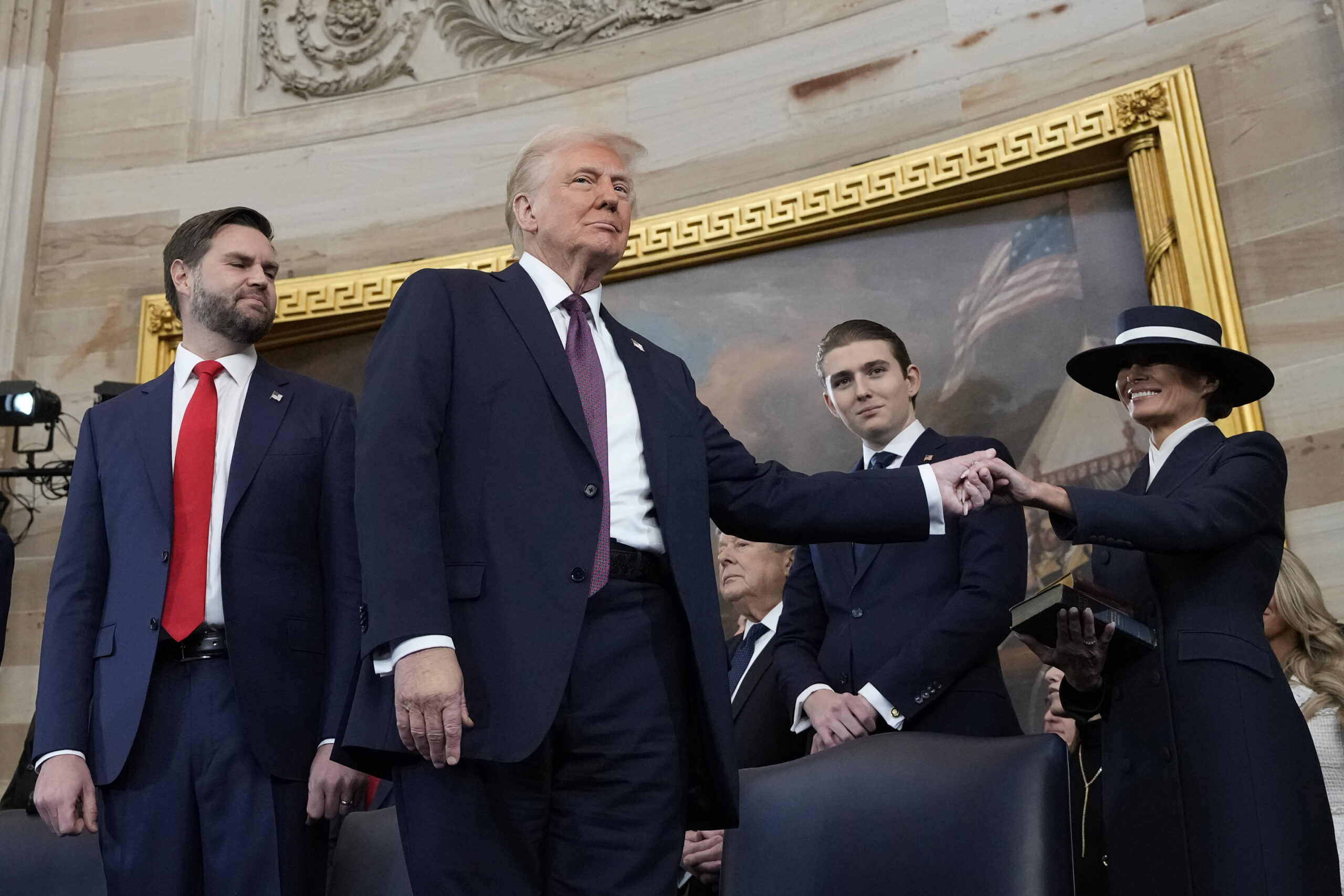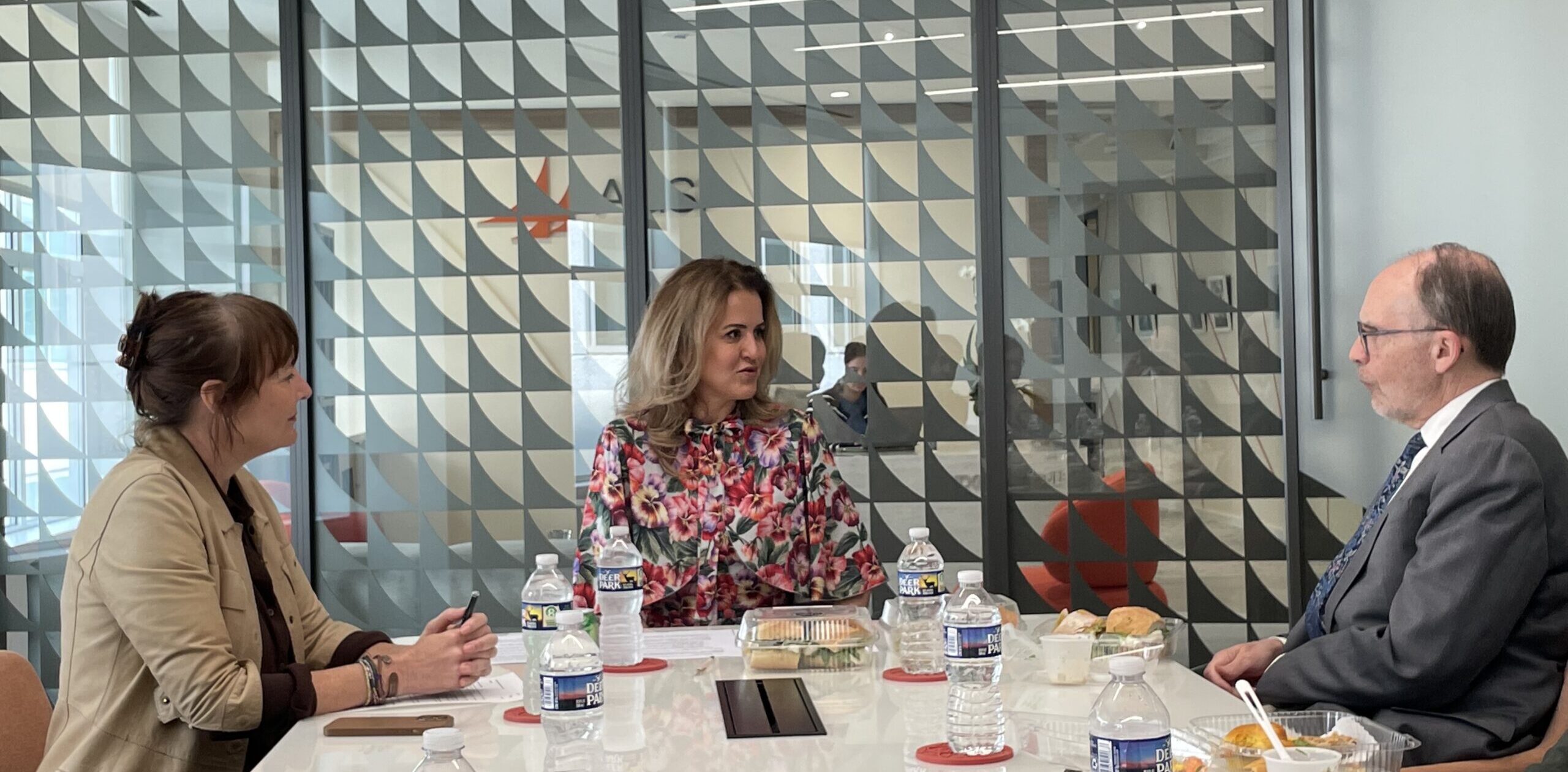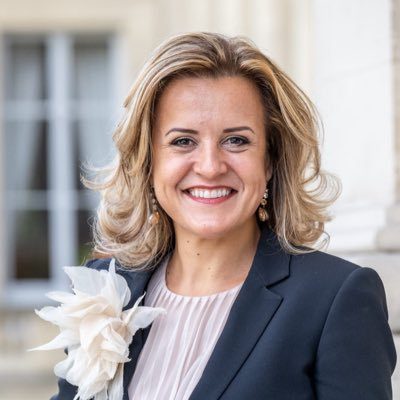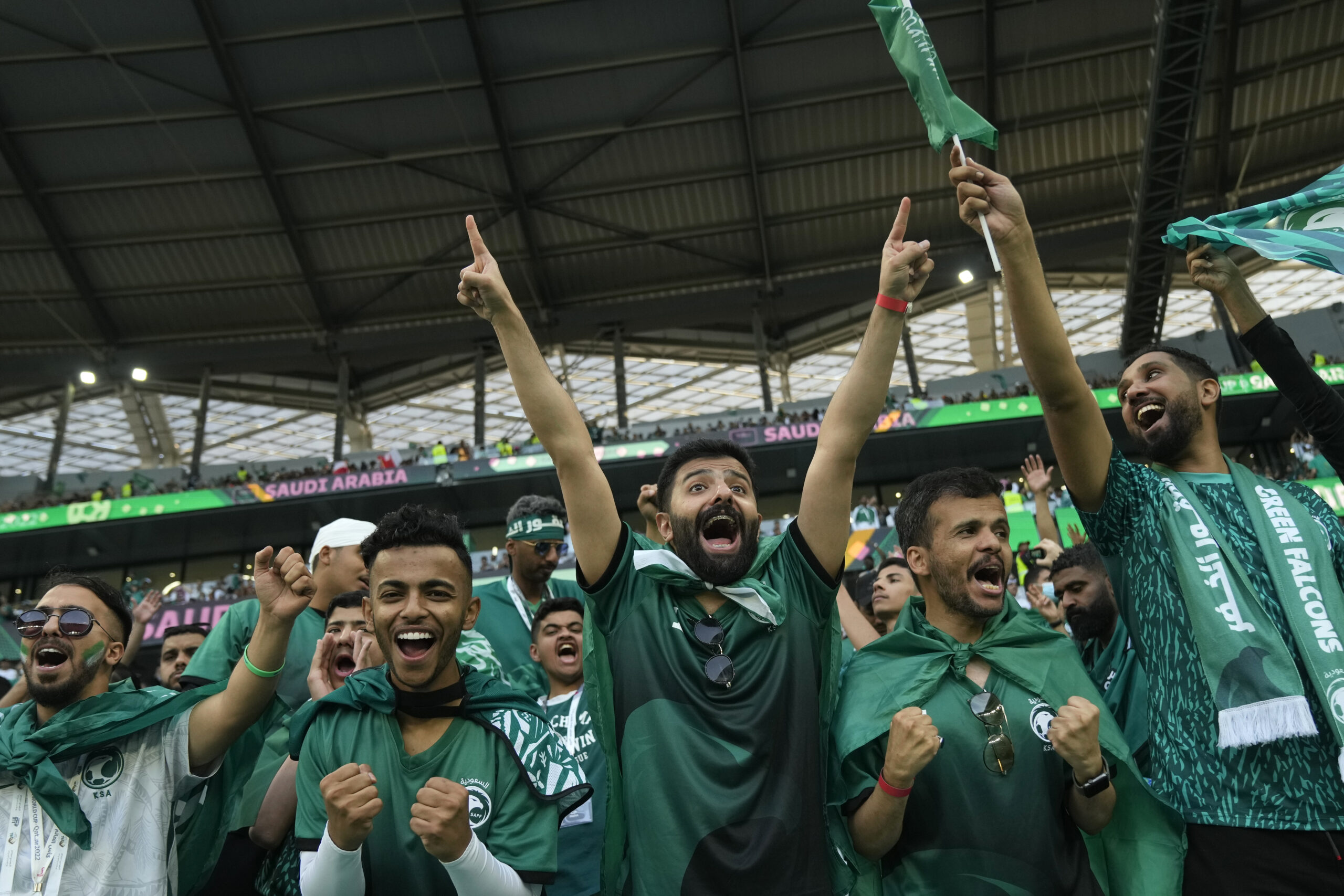Why the Saudis Ended the Dispute With Qatar
Saudi Crown Prince Mohammed bin Salman’s youth ambitions are behind the entry – and exit – from the Qatar standoff.
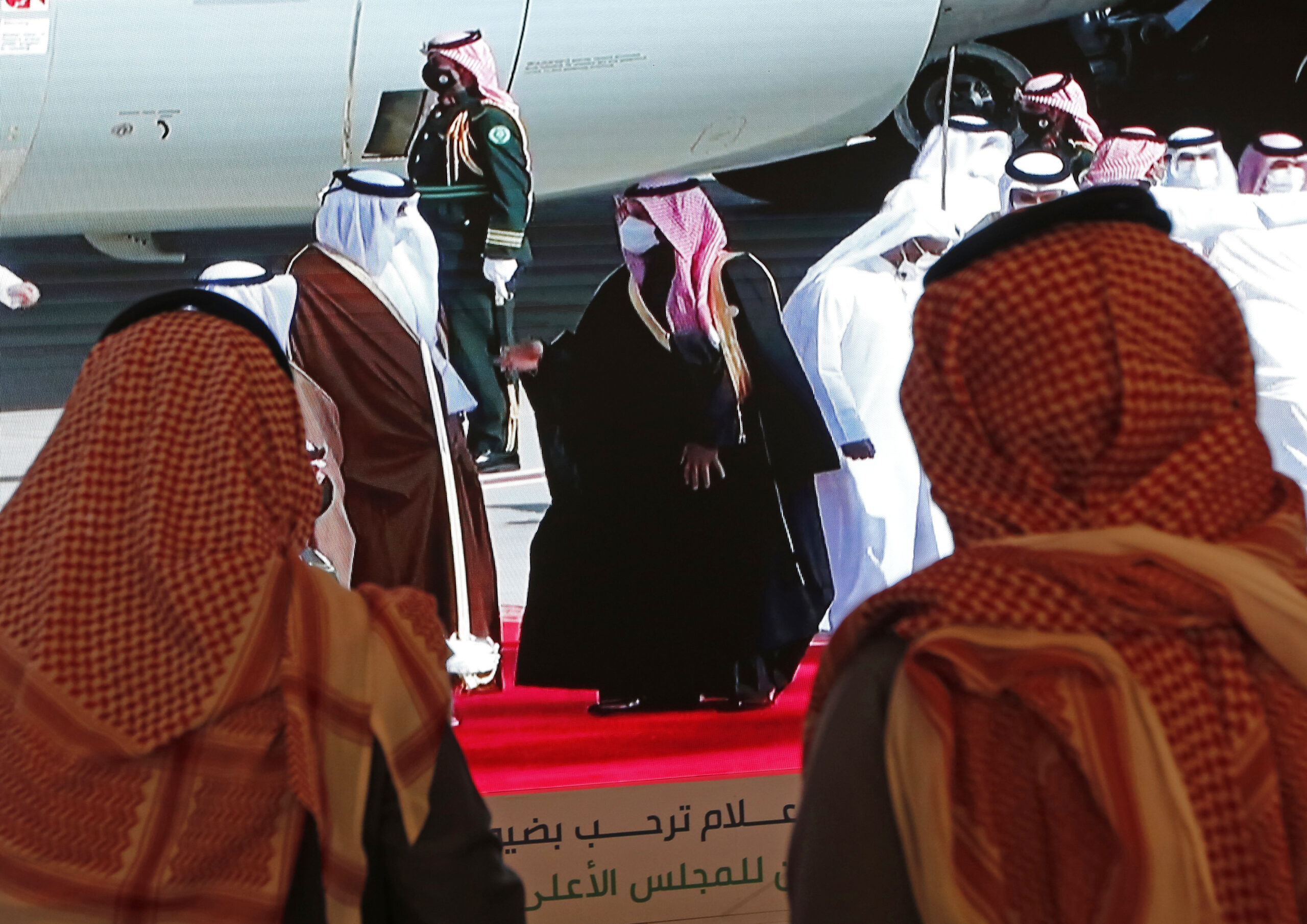
The boycott of Qatar initiated in June 2017 by a quartet of countries involved an intricate mix of concerns and ambitions encompassing Gulf rivalry, regional power competition, ideological divisions, and personal animus. It was facilitated by the initial consent, or even encouragement, of the administration of President Donald J. Trump, and animated by an unprecedented nationalist mobilization that consumed social media. Given this complexity, it is no surprise that the denouement of this near 4-year standoff has been unevenly welcomed by the principals. Nor is it surprising that analysts have seized upon varying explanations for this diplomatic opening.
Saudi Arabia initiated this detente. The other parties to the boycott – the United Arab Emirates, Bahrain and Egypt – stated openly that they were letting Saudi Arabia take the lead, and frankly, have demonstrated little enthusiasm for it. And little wonder. Qatar hasn’t complied with the sweeping 13 point ultimatum issued by the quartet – demands that stipulated the closing of Al Jazeera and other Qatar-funded news organizations; scaling back cooperation with Iran; closing Turkey’s military base in Qatar; ending ties with the Muslim Brotherhood and other Islamist groups; and ceasing contact with Gulf internal political opposition figures. While Saudi Crown Prince Mohammed bin Salman hosted the Gulf Cooperation Council reconciliation summit in Al Ula and spoke about the need for the Gulf states to cooperate in confronting Iran, Qatar’s foreign minister denied any plans to harden its posture toward Tehran, instead proposing to mediate.
So why has Saudi Arabia embarked on this diplomatic thaw? Most analysts have seized upon the timing, coinciding with the U.S. presidential transition to the administration of Joseph R. Biden Jr. Confronted with the new U.S. plans to reengage with Iran and critically review U.S.-Saudi ties in terms of values, the Saudis have been eager to present themselves as partners in resolving the conflicts in the region.
Yet the Saudi initiative seems to go beyond mere optics. The detente with Qatar has been accompanied by a number of other Saudi moves – exploring de-escalation with Turkey; accommodating Russia and other oil producers with a unilateral oil production cut; and hastening the settlement of political trials and detentions that have generated condemnation abroad. All of these mark reversals of political stances that had been pursued vociferously with much public trumpeting of Saudi national interests, signaling a new flexibility as Saudi Arabia manages the economic fallout from the coronavirus pandemic.
Fully understanding this abrupt turnaround – much like the entry into the Qatar standoff itself – requires a more subtle understanding of the intersection of Saudi domestic goals with national ambitions. And the vehicle for both is the crown prince’s reorientation of Saudi Arabia’s politics, society, and economy to center on youth.
The Contest Over Saudi Youth
As Mohamed bin Salman laid the groundwork for his inheritance of the kingdom’s leadership, he faced a dilemma. His political fortunes and transformational agenda were to be built upon the economic mobilization and social reorientation of urban youth away from the rentier benefits and religious strictures that had heretofore produced political loyalty. There was clear evidence of the hunger for a new direction in the kingdom. In the period that preceded the Arab Spring protests in the region, media-savvy Saudi millennials embarked on an extraordinary reform movement from below, launching new art and media production collectives, sociopolitical reform societies, and women’s rights campaigns, all self-consciously embracing a youth-driven change agenda. Many, if not most, of these youth leaders were captivated by the Arab Spring uprisings, most visibly championed in the Gulf through Qatari-backed media outlets.
To undertake the Saudi national revival, Mohammed bin Salman sought to recapture this mandate of change, wrap it in a national mantle, and sever it from its Arab Spring associations. The boycott and ensuing nationalist campaign against Qatar became central to achieving that.
The campaign against Qatar was at the heart of the new nationalist mobilization, which provided both a vehicle for Saudi pride and test of political loyalty. Nearly overnight, any association with Qatar and its media outlets – which extended beyond Al Jazeera to other youth-oriented webzines and online media outlets once popular with Saudi millennials – became equated with treason. Insinuations of ties to Qatar were present in the waves of arrests of opposition, reform, and intellectual figures undertaken in September 2017, May 2018, and April 2019.
These moves reshaped the important social media environment from what had once been a more multivocal public forum into a more nationalist orientation that demanded open support for the leadership. The effective elimination of the once-influential Qatari-backed media outlets cleared way for the Saudi-centered expansion into media, providing the leadership the means to shape the public reaction to the momentous social and economic changes being thrust upon the broader Saudi population.
From the point of view of the leadership and its backers this approach was a success. Internal critics were dismissed as being foreign inspired. Saudi Arabia’s prior religious excesses were blamed on an external enemy. In the words of leading intellectual and former chief editor of Asharq Al-Awsat Abdulrahman al-Rashed:
In the absence, or more precisely, because of the absence of Qatar, Saudi Arabia has succeeded in implementing many social reforms and combating religious extremism. This proves that cutting the Qatari connection canceled the voices of the opposition-for-hire. It also proved that Saudi society is mature and ready for positive change, when foreign interference, especially from Qatar, stops.
The Global Component of the Domestic Transformation
The anti-Qatar campaign helped put Mohammed bin Salman in charge of the informational and political environment and provided a cause around which to rally national pride. But the campaign and its excesses caused other problems. The arrest and pursuit of dissidents abroad increased tensions with Western allies, while actions taken to marginalize Qatar and its media outlets provoked legal challenges. Over time these began to imperil the international engagement and investment critical to the very youth-led transformation the leadership has prioritized.
Such concerns are indicated by the one concession the quartet is reported to have wrangled from the Qataris: freezing the international lawsuits against Saudi Arabia and its Gulf allies. The New York Times reported that Qatar agreed to drop a case it brought against the UAE before the International Court of Justice claiming discrimination against its nationals; that case was later dismissed by the court for lack of jurisdiction. The more consequential lawsuits are before the International Civil Aviation Organization, where Qatar is challenging the airspace restrictions imposed (until recently) by the quartet countries and seeking $5 billion in compensation in a case that had been expected to be adjudicated in 2021. Qatar suspended its World Trade Organization action against the UAE, which was to be ruled upon early this year.
Another case before the WTO that had been ruled in Qatar’s favor illustrates the potential this litigation had to disrupt Saudi investment plans. As part of its campaign against Qatari media, the Saudi authorities banned the beIN sports channel, which holds the regional license to premier sporting events, including hugely popular international soccer tournaments, such as the World Cup. An alternative provider – clearly trolling the Qataris with the name beoutQ – emerged pirating these broadcast rights for which beIN had paid handsomely. In 2020, the WTO ruled that Saudi Arabia had not done enough to prevent this piracy and was in breach of global rules on intellectual property. The verdict came out just as Saudi Arabia was awaiting a decision on its purchase of the English Premier League team Newcastle United, derailing the transaction.
This incident illustrates the kingdom’s dilemma as it seeks to compete in fields already pioneered by neighboring Gulf states. Qatar’s strategy of international sports investment and development has been growing since the establishment of Qatar Sports Investment in 2005, culminating in its successful, if controversial, bid to host the 2022 World Cup. Saudi Arabia is eager to develop its own internal and international sports portfolio, for prestige and as a natural area that attracts youth interest, contributes to the new focus on public health, and generates national pride.
Meanwhile, economic diversification is increasingly bringing the kingdom into direct competition with Dubai and the UAE. This point was made explicitly during the recent International Investment Forum in Riyadh as Mohammed bin Salman set out to woo international businesses into relocating their headquarters from Dubai to Riyadh through tax incentives. While Abu Dhabi has welcomed the new socioeconomic opening in Saudi Arabia for political reasons, it remains to be seen whether the huge Saudi investments in areas such as tourism and entertainment – aiming to convince Saudis to spend more of their leisure time and disposable income at home – will be a net positive for the Emirati economy. The competition over international tourists will also become a factor.
These concerns have taken on new urgency as all of these countries process their losses and contemplate the new economic landscape post-pandemic. The need to improve the regional business and investment environment is forcing a rethink and a recalibration of the costs of regional conflicts. The upcoming Qatar-hosted World Cup is shaping up to be a critical test as to whether these ambitious states can mutually benefit from such high-profile attractions and the international draw to the region, or whether it will continue to exacerbate economic – and political – rivalry.
The Youth Global Nexus
The new Saudi youth-directed transformation has a contradictory quality, wedding as it does assertive nationalism with the promotion of greater global connectivity and a more cosmopolitan orientation. These two valences could be seen in many aspects of the Qatar competition. At the beginning of the crisis, the political benefits of the former were ascendant. Today it is the economic benefits of the latter that take precedence. The Saudis want to be seen as players in global markets and culture and to promote youth participation in new fields such as art and technology. And they need international partners to engage – both at home and abroad – to have this strategy succeed. The coronavirus pandemic has imperiled an already arduous path to success. Ending the Qatar confrontation may remove one self-generated roadblock.
The views represented herein are the author's or speaker's own and do not necessarily reflect the views of AGSI, its staff, or its board of directors.

